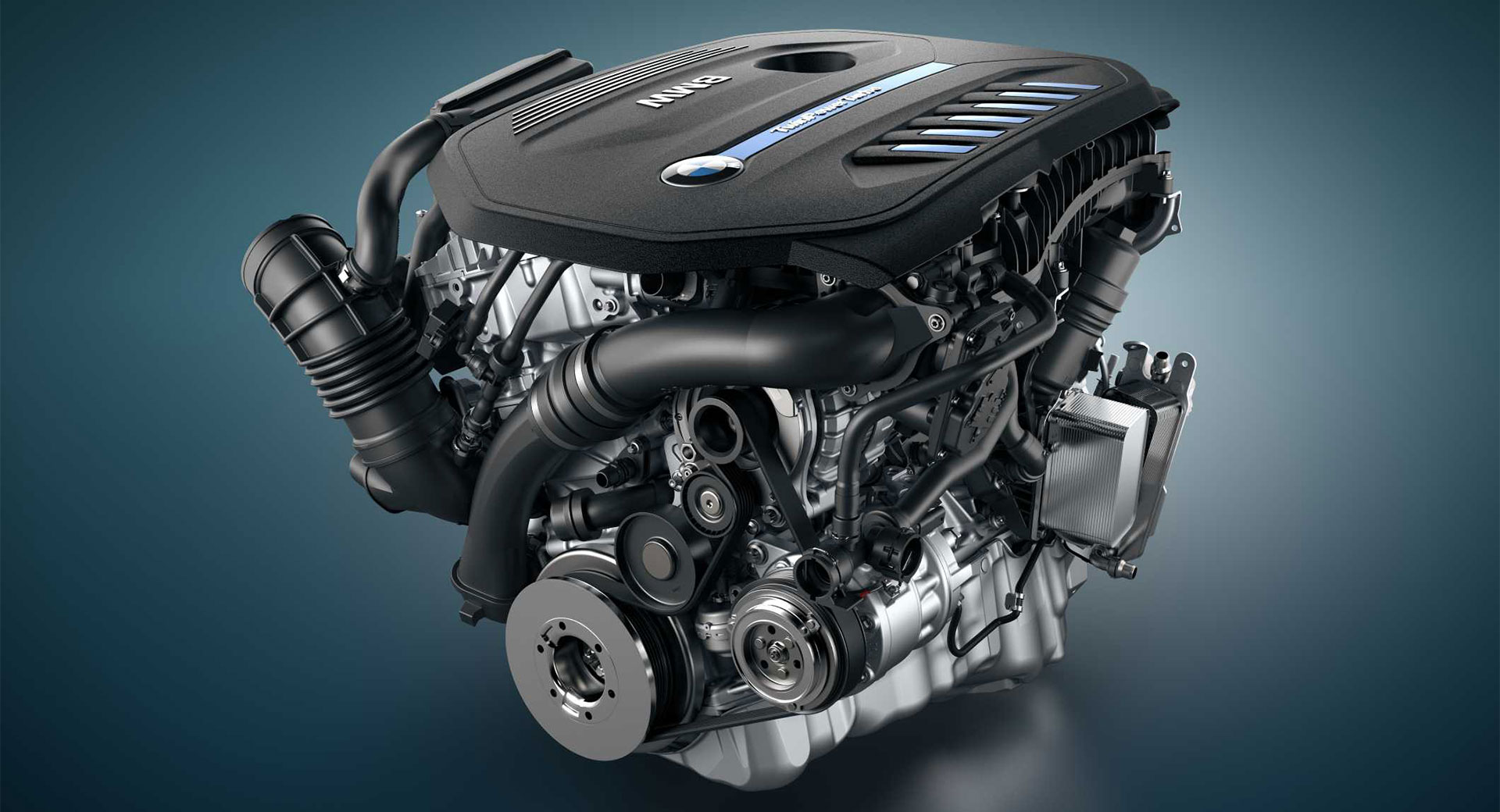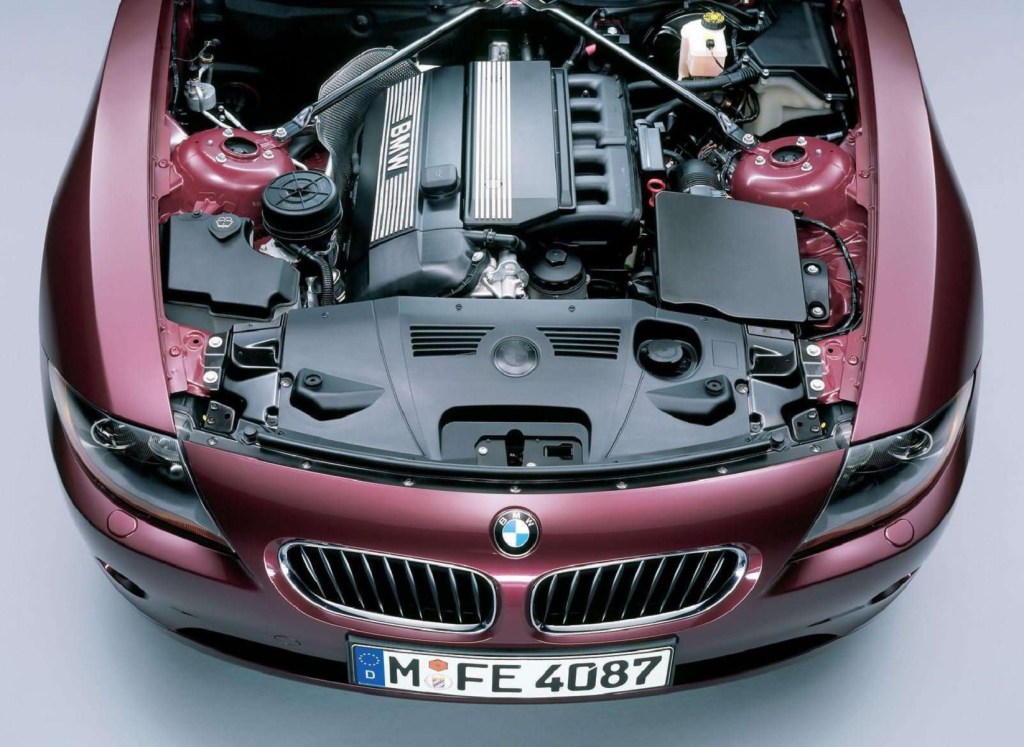Introducing the Intricacies of Next-Generation Power Units: a Deep Study Advanced Engine Developments and layouts
As we stand on the precipice of a brand-new era in transportation, the intricacies of next-generation engine designs bid us to explore the advanced technologies and technologies that guarantee to redefine the driving experience. Delving much deeper right into the worlds of emission control, intelligent engine monitoring systems, and the horizon of power device growth, we discover ourselves on the cusp of a makeover that promises to improve the landscape of mobility as we recognize it.
Advancement of Engine Materials

The change towards advanced engine materials has actually also allowed engineers to develop engines with higher power outcomes while keeping fuel efficiency criteria. For instance, the use of lightweight products reduces the overall weight of the engine, resulting in enhanced fuel economic climate and lower exhausts. Additionally, developments in products technology have enabled for much better thermal administration within engines, resulting in increased reliability and long life.
Turbocharging and Supercharging Technologies
Just How do Turbocharging and Supercharging Technologies reinvent engine performance and efficiency in contemporary cars? Turbo charging and turbocharging are innovations that considerably boost engine performance by increasing the quantity of air intake into the burning chamber. Turbocharging achieves this by making use of a turbine driven by exhaust gases to pressurize the consumption air, while turbo charging uses a belt- or chain-driven compressor to attain the very same effect.
These modern technologies allow smaller sized, much more fuel-efficient engines to generate power comparable to bigger ones, understood as downsizing. Forcibly more air into the cyndrical tubes, supercharging and turbocharging improve burning efficiency, causing increased horse power and torque result without a considerable rise in engine size. This brings about better velocity, towing capacity, and general driving efficiency.
Additionally, turbocharging and turbo charging add to boosted fuel effectiveness by permitting the usage of smaller engines that eat much less gas under regular driving conditions - bmw engine. This mix of enhanced performance and performance has made turbocharging and turbo charging integral elements of lots of modern-day engine designs
Exhaust Control and Environmental Impact
With increasing international concerns concerning air quality and environmental sustainability, the application of exhaust control innovations in lorries plays an important duty in lowering harmful pollutants released into the environment. Modern automobiles are furnished with innovative discharge visit here control systems that assist decrease the ecological influence of auto procedures. Catalytic converters, for circumstances, are designed to convert toxic gases such as carbon monoxide, nitrogen oxides, and hydrocarbons into much less unsafe materials like carbon dioxide and water vapor.
In addition, innovations in engine modern technology, such as the combination of exhaust gas recirculation systems and careful catalytic reduction, have considerably contributed to lowering exhausts. These modern technologies work in tandem to optimize combustion efficiency and decrease the launch of damaging pollutants right into the air. In addition, the growth of hybrid and electric lorries stands for an important action in the direction of reducing the total environmental footprint of the transportation industry.
Intelligent Engine Management Equipment

In addition, these systems allow vehicles to satisfy stringent discharges standards without jeopardizing performance, supplying a more ecologically pleasant driving experience. The assimilation of fabricated intelligence and artificial intelligence capacities in engine management systems proceeds to push the boundaries of what is possible, bring about more renovations in effectiveness, integrity, and overall automobile efficiency. bmw engine. As automobile modern technology advancements, smart engine monitoring systems will play a vital duty fit the future of transport in the direction of a look here more reliable and lasting instructions
Future Trends in Power Unit Advancement
As smart engine management systems pave the means for boosted control and optimization in modern cars, future trends in power unit growth are positioned to redefine the landscape of vehicle propulsion innovations. These alternate power resources use boosted performance and efficiency while lining up with strict environmental regulations.
Another substantial pattern is the integration of advanced materials and producing techniques. Light-weight materials such as carbon fiber and aluminum are being made use of to minimize total lorry weight, improving fuel performance and performance. Additionally, innovations in 3D printing and additive production are enabling the manufacturing basics of complex engine elements with higher accuracy and durability.
Furthermore, fabricated intelligence and machine discovering are playing a vital role in optimizing power system efficiency. These modern technologies permit real-time tracking and flexible control, causing extra trustworthy and effective power delivery. On the whole, future patterns in power device advancement are tailored towards sustainability, efficiency, and performance, driving the auto sector towards a brand-new period of propulsion technologies.

Final Thought
To conclude, the innovations in engine materials, turbocharging, exhaust control, and intelligent monitoring systems have led the way for next-generation power devices. These technologies have not only improved performance and effectiveness but additionally decreased ecological impact. As innovation remains to develop, future patterns in power device development are most likely to concentrate on further improving sustainability and maximizing power output. The intricate layouts and innovations in contemporary engines display the recurring evolution of automobile modern technology.
Checking out the modern innovations in engine products has actually been critical in improving the efficiency and effectiveness of modern-day engines. Over the years, the advancement of engine products has actually played a critical role in pushing the boundaries of what engines can achieve.The change in the direction of progressed engine products has likewise allowed engineers to develop engines with higher power outputs while maintaining fuel performance criteria.The execution of smart engine administration systems in contemporary cars has transformed the way engines are managed and enhanced for performance and effectiveness. By collecting information in real-time and assessing it with innovative algorithms, intelligent engine monitoring systems can adjust to driving styles, ecological variables, and engine wellness to maximize power result while lessening fuel intake and discharges.